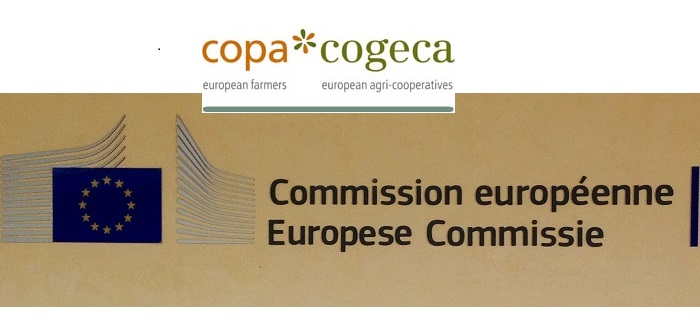Europe’s farming leaders have warned that continued European Commission (EC) support may be needed well into 2016 to help the agricultural sector offset the sustained export business impact of the “Russian crisis”.
“European farmers and agri-cooperatives are currently facing tough market conditions, with extreme volatility on agriculture markets and an increasing cost-price squeeze in the food supply chain,” said Copa-Cogeca Secretary-General, Pekka Pesonen, adding that the Russian ban on EU farm exports was still “weighing heavily” on the sector.
“Adequate budgetary resources must therefore be made available to offset the impact of the Russian crisis also in 2016, if need be.”
The Copa-Cogeca comment was tucked onto the end of a generally upbeat welcome for a new EU agreement on the European Fund for Strategic Investments (EFSI). This is part of the so-called Junker Investment Plan (named after the EC president) which will potentially deliver some €315 of investment support to all types of business projects, pump-priming total investments worth more than €1.3 trillion.
To date, however, the agri-business sector has been “lagging behind” in relation to the EFSI process, a fact which Copa-Cogeca hopes will now change.
“The fund could play a vital role in enabling the EU agriculture sector to reach its potential to boost growth and jobs in EU rural areas,” said Mr Pesonen, adding that the new agreement meant the fund will become operational and start financing projects by the end of the summer.




